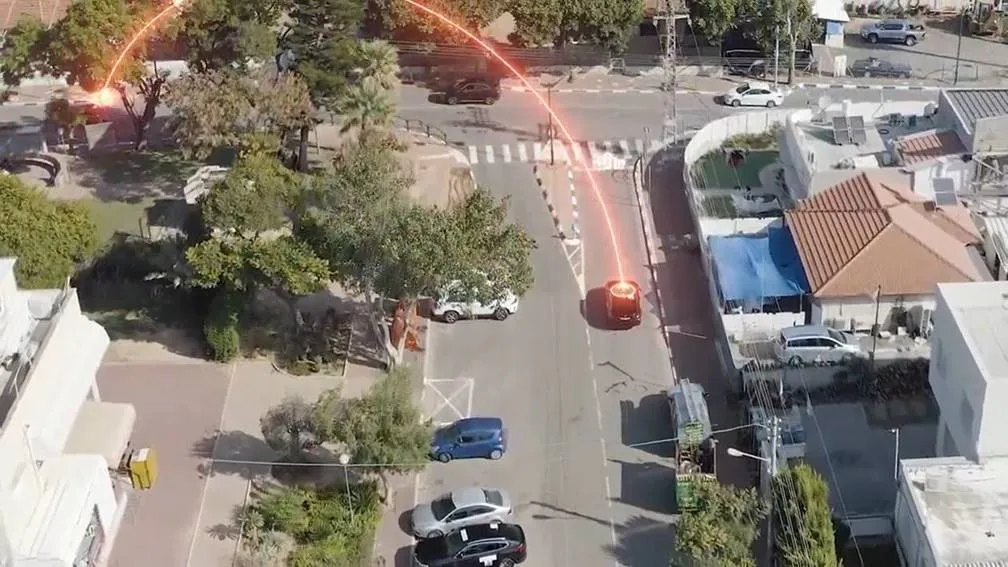On 17 December, the European Council formally approved eCall type-approval legislation, ensuring that the lifesaving emergency call technology will be installed as a standard feature in all new vehicles by 2018.
Had decisive action been taken as long ago as 2010, eCall could already be saving 2,500 lives per year on European roads. The Federation Nationale de l’Automobile (FIA) regrets the current the delay until 2018, but recognises this important step for safety as eCall will become a universal feature
December 19, 2014
Read time: 2 mins
On 17 December, the European Council formally approved eCall type-approval legislation, ensuring that the lifesaving emergency call technology will be installed as a standard feature in all new vehicles by 2018.
Had decisive action been taken as long ago as 2010, eCall could already be saving 2,500 lives per year on European roads. The Federation Nationale de l’Automobile (FIA) regrets the current the delay until 2018, but recognises this important step for safety as eCall will become a universal feature for all cars and not a premium option on select vehicle models.
Mandating eCall technology into all new cars will accelerate the deployment of connected car technologies. The eCall legislation, critically, includes a mandate for the1690 European Commission explore the deployment of eCall on a secure, open telematics platform, which could allow independent operators to provide additional services based on vehicle data. This would allow for broader consumer choice for applications and services, as connected cars become the norm.
Thierry Willemarck, President of FIA Region I, said: “We have seen unnecessary lives lost on European roads because of the long negotiations and there will only be more lives lost until universal eCall deployment in 2018. It is essential that technologies with a proven ability to save lives are swiftly deployed as standard in all vehicles so that we do not end up with a two tiered system for vehicle safety. All citizens deserve equal access to the best vehicle safety features. Further, the FIA urges the European Commission to use its mandate to allow free consumer choice for connected car services in the future by mandating that independent operators may access vehicle telematics, based on the free and informed consent of consumers.”
Had decisive action been taken as long ago as 2010, eCall could already be saving 2,500 lives per year on European roads. The Federation Nationale de l’Automobile (FIA) regrets the current the delay until 2018, but recognises this important step for safety as eCall will become a universal feature for all cars and not a premium option on select vehicle models.
Mandating eCall technology into all new cars will accelerate the deployment of connected car technologies. The eCall legislation, critically, includes a mandate for the
Thierry Willemarck, President of FIA Region I, said: “We have seen unnecessary lives lost on European roads because of the long negotiations and there will only be more lives lost until universal eCall deployment in 2018. It is essential that technologies with a proven ability to save lives are swiftly deployed as standard in all vehicles so that we do not end up with a two tiered system for vehicle safety. All citizens deserve equal access to the best vehicle safety features. Further, the FIA urges the European Commission to use its mandate to allow free consumer choice for connected car services in the future by mandating that independent operators may access vehicle telematics, based on the free and informed consent of consumers.”









